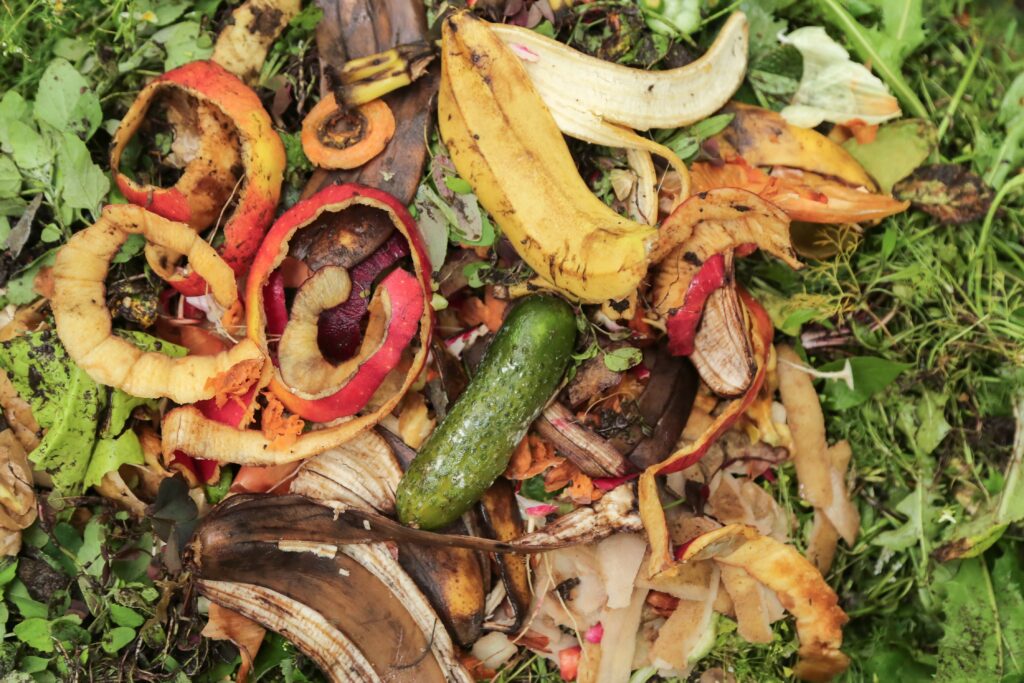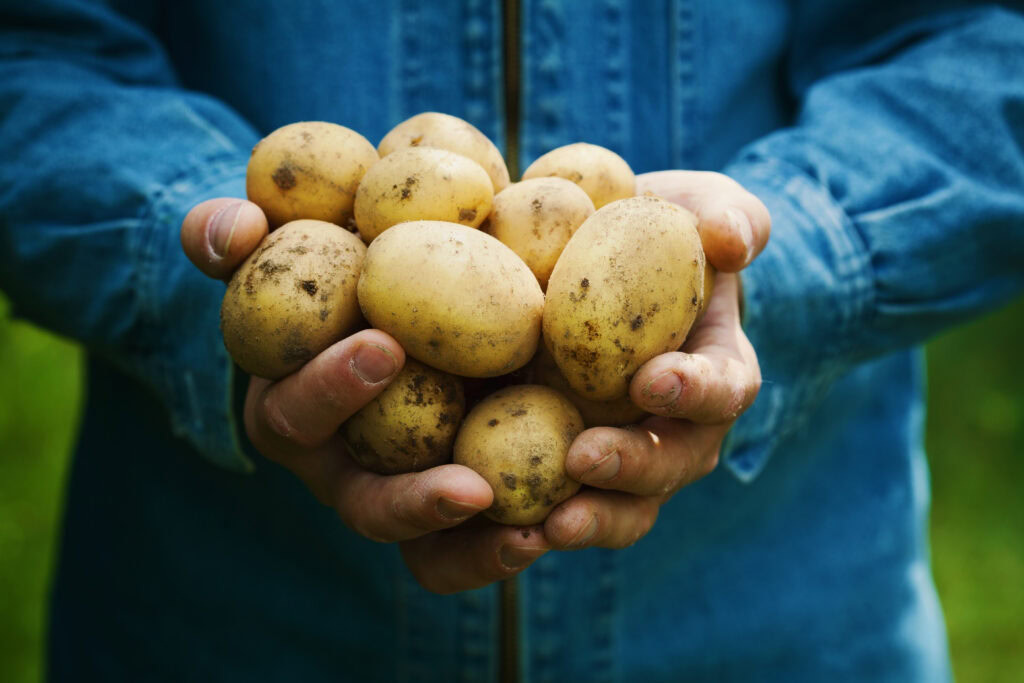The risk assessment will be carried out by Buckinghamshire-based Wrc-NSF Ltd. WRc-NSF Ltd is an independent organisation providing environmental and public health research.
Under the amended Animal By-Products Order, all catering waste including source-separated material, which could contain or have been in contact with meat or other products of animal origin must be disposed of so that livestock and wild birds cannot gain access to them.
The main aim of study is to determine whether the UK should maintain the current ban on the use of composting of kitchen waste, adopt new EC rules or adopt specific UK standards. The risks from catering waste should be addressed by mid January and the whole assessment completed by March.
DEFRA has clarified the aims of the study which are to determine the risks to public, animal and plant health from the spreading on land of catering waste after treatment by composting or in a biogas plant and to compare these with the risks form existing disposal routes.
The project will establish what are the main risks to human and animal health and whether current composting processes give a significant degree of pathogen destruction so that the risks to humans and animals are acceptably low, bearing in the need to safeguard plant health.
The study will establish how effective windrow and in-vessel composting are in reducing any risks and, if needed, WRc-NSF will provide advice on minimum standards to reduce the risks to an acceptable level.
The precise details of the risk assessment are as follows:
The project will consider a wide range of human and animal pathogens, including:
- Transmissible spongiform encephalopathies (TSEs) including BSE and scrapie:
- Exotic diseases such as Foot and Mouth Disease, Classical Swine Fever and Newcastle Disease; and
- Endemic disease such as E.coli 0157,
campylobacters and Mycobacteria.
It will also consider serious plant pests and pathogens
Continued on page 2






Subscribe for free